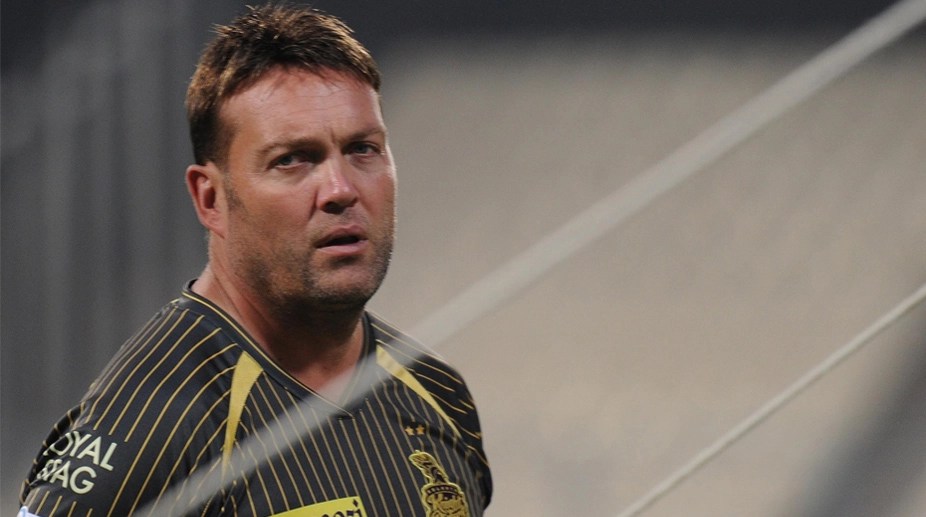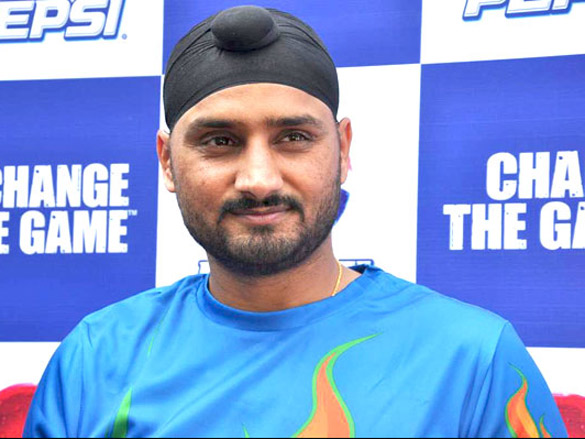

Last week, our On Tech editor, Hanna Ingber, shared a story of her kiddo stumbling upon a design app that unlocked his amazing taste for interiors. We asked for your own tales of surprising ways in which technology helped you unleash creativity or discover new joys.
You guys (sniff), the responses were lovely. We’re sharing a selection of them today.
The mission here at On Tech is to explore the ways in which technology is changing how we live, who we are and the world around us. We can’t ignore the harmful effects, but I don’t want us to lose sight of the wonder, either.
How cool is it that we can share with a parent knowledge gleaned online or easily swap songs from our favorite decade? Also, BIRDS! Birds are so great. Here are edited excerpts from what some On Tech readers had to say:
Enjoying the magic of birds during a daily task:
My morning stroll down the driveway to retrieve the newspaper has been transformed by the Merlin Bird ID app.
A daily chore has become a joy. Now, instead of ignoring the sounds around me, I’m able to focus on and identify the bird songs I’m hearing. The birds vary with their seasonal migration patterns, so the sounds are ever-changing. It’s become a meditation of sorts.
Ann McLaughlin, Carmel, Calif.
Bonding over playlists:
Sharing music and playlists on Spotify with my kids has been very connecting. They get to hear the music I grew up on, and I get to hear the latest they are listening to. Surprisingly, we listen to a lot of the same music, old and new. So much easier than creating mixtapes.
They are now 17 and 18, but we’ve been doing this since they were about 13 — ages when it can be tough for parents to find ways to connect with their teens.
Jason, Corvallis, Ore.
Removing the pressure of perfection:
I was one of those kids who could never unpeel a sticker immediately. I always had to wait a couple moments, or even days, before deciding my sticker’s forever home. Likewise, I hesitated to sharpen brand-new pencils unless absolutely necessary, and I reserved my markers for only the most important drawings.
You’d never find quick doodles in my sketchbooks, because those were put aside until I was ready with a full vision. I was always collecting and saving these items for a special day or big idea, and, ultimately, my stickers wrinkled, my markers dried out and my sketchbooks joined another pile of unused, unloved things.
And then, I bought myself an iPad as a graduation gift. I discovered the wonder of sketching, note taking, doodling and coloring — all digitally.
I had an endless supply of stickers at my disposal, ones that could be picked up and replaced at a moment’s notice. I was met with infinite colors and combinations.
Soon, I found myself writing daily journal entries, experimenting with digital scrapbooking and keeping memories all in one place. If I made a mistake, I could immediately clean it up with a virtual eraser. I could adjust stickers and letters to my heart’s content. My iPad became an outlet for me to do whatever I wanted, without the fear of making a wrong move.
Sydney Lin, a sophomore at Vanderbilt University majoring in civil engineering
Schooling Dad on D.I.Y. repairs:
Years ago, my preteen son watched my growing frustration as I unsuccessfully tried to attach a new lawn mower blade. I assumed that he was bored when he headed back into the house. Instead, he was watching YouTube on his mom’s iPad.
A few minutes later, he emerged and quietly asked, “Can I try?” He accomplished in less than a minute what I’d been attempting for half an hour. ’Til that moment, I thought YouTube was for cat videos.
This is the same kid who taught himself how to play his new ukulele on YouTube, along with so many other unexpected skills.
Doug McDurham, Waco, Texas
Classroom learning transformed by audio production:
I have found that introducing students to podcasting opens new doors.
Students who were reluctant to participate in classroom discussions embraced the opportunity to share their ideas about topics they were interested in or research new topics. Students chose between three formats for their podcasts: storytelling, interview and investigation. Few, if any, projects have ever offered this kind of freedom.
Even though video apps have been available for some time, the freedom of recording only their voice was liberating. They didn’t have to worry about how they appeared on camera — they could convey their thoughts and ideas through voice alone. Groups were able to share audio files and edit simultaneously to create a final product. What was once a class report has been redefined.
Lisa Dabel, a fifth-grade teacher in San Jose, Calif.
Opera, not so intimidating after all:
For most of my life, I respected opera as an art form that required incredible levels of training and discipline. But, as far as I was concerned, it was not for me.
At some point around late March or early April 2020, friends told us about the Metropolitan Opera’s recordings of its past opera performances — for free, a new one each day — via the company’s website and app. Within days, we had a new nightly routine: Eat dinner, read for an hour, then settle down for an opera.
Within weeks, we had begun to learn the names and styles of some of opera’s leading performers. Within months, we had learned about the technical details of operatic music, vocal training, set and costume design, and had formed preferences regarding composers. (Sorry, folks: Wagner, no; Glass, yes.)
We thought deeply about the conflicts that arise when old, flawed beliefs (misogyny, racism, more) embodied in “the canon” encounter diverse casting choices and new ways of thinking. We were exposed to modern composers and librettists who challenged our assumptions about melody, story construction and plot, character development and so on.
Who knew that there was so much to discover about such a venerable art form? I certainly didn’t — and am very happy that technology brought opera into our home and lives.
David Moore, Sequim, Wash.
The Met Opera has ended its nightly streams, but you can now watch and listen to past performances on the online streaming service Met Opera on Demand, which offers a free trial period.
Tip of the Week
Brian X. Chen, the consumer technology columnist for The New York Times, co-wrote an article this week about digital bread crumbs that could reveal personal details about people seeking abortions. Brian is here with suggestions to peel back some information from Google, which has digital databases on nearly everyone.
Google this month said it would automatically delete location data when people visited places deemed sensitive, such as abortion clinics and addiction treatment centers. For example, if you set a destination in Google Maps to “Planned Parenthood” or “Alcoholics Anonymous,” the company would purge those entries.
Critics of Google said the company could have, but didn’t, also wipe records of other types of location data, like GPS coordinates and routing information. (Google declined to comment.)
But you can take some control over how Google retains data about you. I wrote a column a few years ago explaining how to use Google’s auto-delete controls, which include settings to remove records of web and location searches after a certain amount of time. The tips are worth revisiting.
Here is one example on how to tweak location data settings:
In Google’s My Activity tool, located at myactivity.google.com, click Activity controls, scroll to Location History and click Manage history.
On the next page, find the icon shaped like a nut and then click Automatically delete location history. You can set data to delete after three months or 18 months.
For those who don’t want Google to create a record of their location history at all, there’s also an option for that. On the My Activity page, click Activity controls, scroll to Location History and turn the switch to the off position.
Amazon tells regulators that it can change: To try to end a three-year antitrust investigation in Europe, Amazon offered to stop collecting nonpublic sales data about independent merchants that sell through Amazon and to let them sell through the Prime program without using Amazon’s logistics services. My colleague Adam Satariano reported on Amazon’s proposals and why Europe has become the center of Big Tech scrutiny.
The human trafficking behind online fraud scams: Vice News reported that online schemes that offer business or romantic partnerships as a pretext to drain money from victims sometimes come from industrial-scale scam centers in Southeast Asia that imprison and abuse workers.
More: Nikkei Asia wrote last year about the abused workers of online gambling and fraud operations in Cambodia.
Instagram has so many features: It’s a place to see what friends are doing, to watch short videos from strangers, to buy NFTs or doodads sold by influencers, to message others and possibly soon to write notes (for some reason). The Garbage Day newsletter wrote that Instagram is an “app that doesn’t know what it’s supposed to be anymore.”
Related from On Tech: What IS Facebook? Another overstuffed app from Meta!
Lemurs! Licking honey! From fruit! These little guys really know how to enjoy their treats.
We want to hear from you. Tell us what you think of this newsletter and what else you’d like us to explore. You can reach us at ontech@nytimes.com.
If you don’t already get this newsletter in your inbox, please sign up here. You can also read past On Tech columns.
24World Media does not take any responsibility of the information you see on this page. The content this page contains is from independent third-party content provider. If you have any concerns regarding the content, please free to write us here: contact@24worldmedia.com

Marnus Labuschagne Caught Off-Guard By ODI Captain Call After Steve Smith Snub

Everyone Is Looking Forward To It, The Standard Will Be Very High – Jacques Kallis On CSA’s SA20

Danushka Gunathilaka Granted Bail On Sexual Assault Charges

Ramiz Raja Sends Legal Notice To Kamran Akmal For Defamatory, False Claims Against The Board

Harbhajan Singh Reckons Mumbai Indians Should Release Kieron Pollard Ahead Of The IPL Auction 2023

Ian Bishop Praises Sam Curran For His Performances On Bouncy Australian Tracks

Why Choose A Career In Child Psychology?